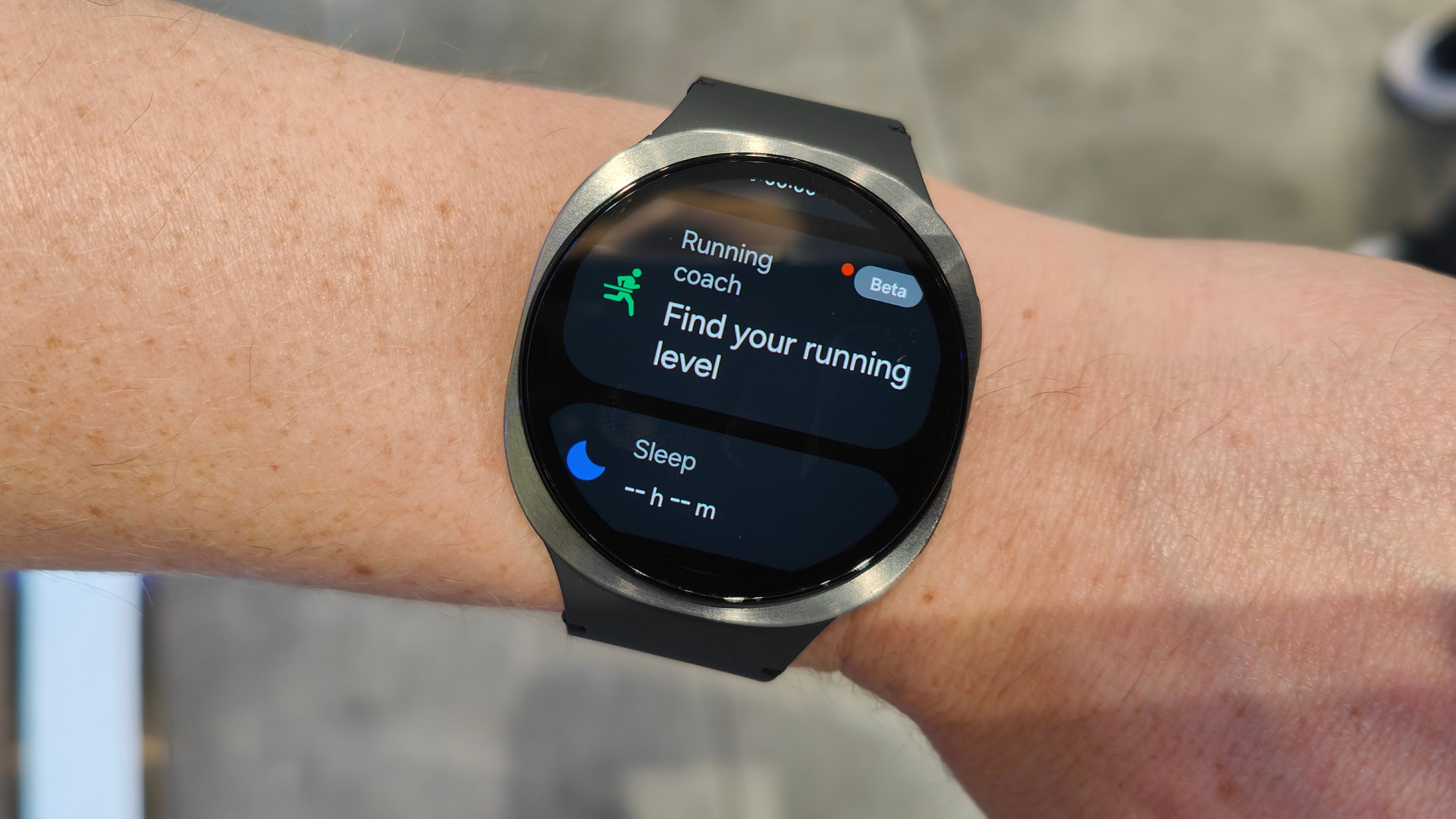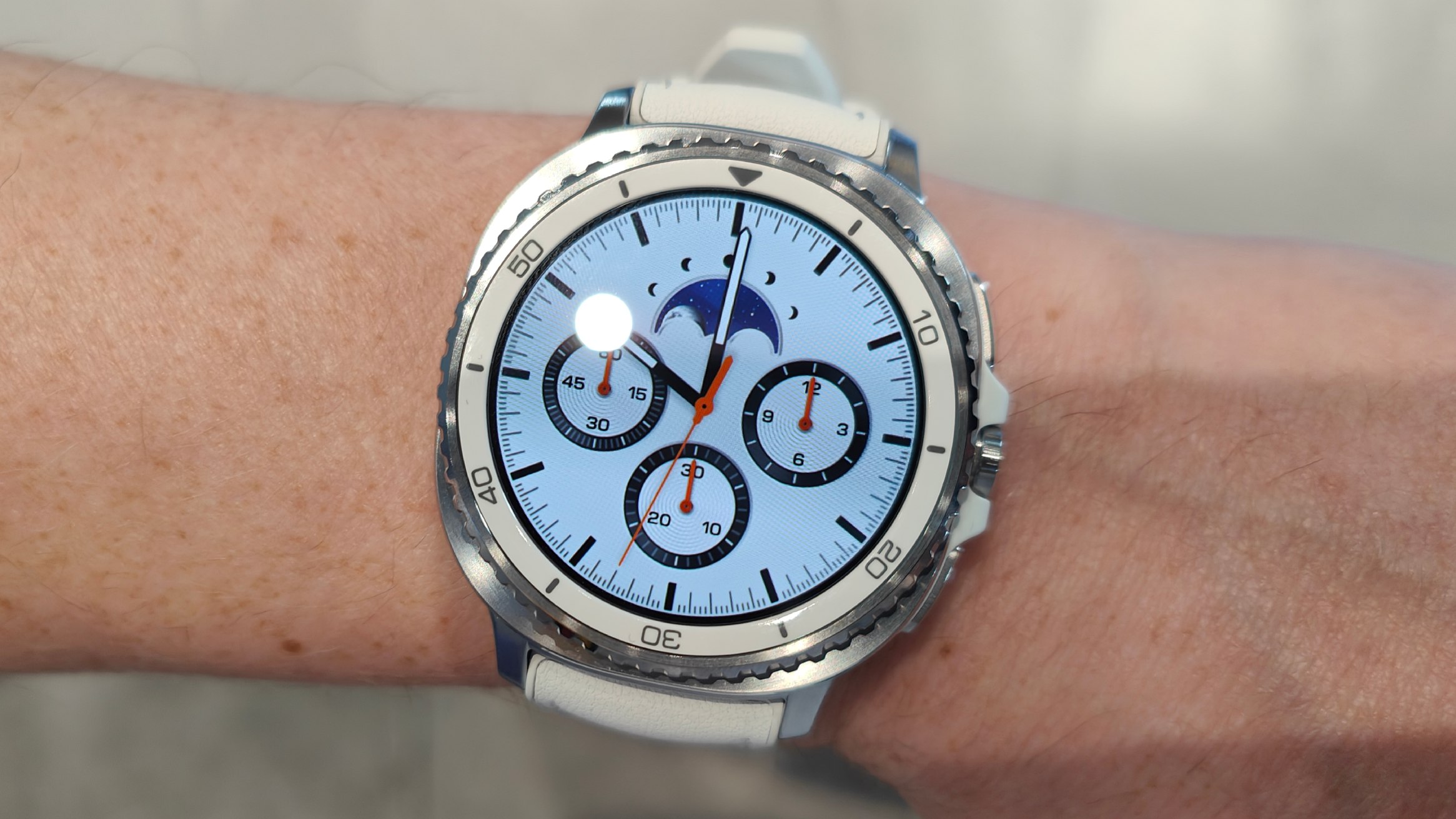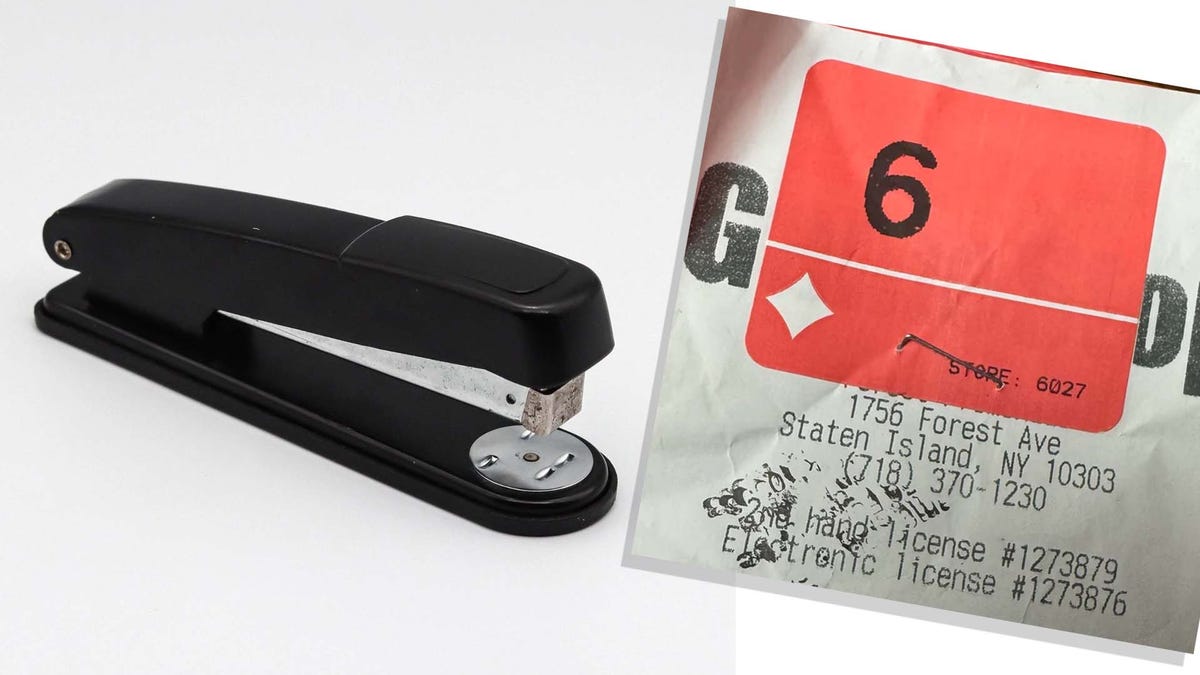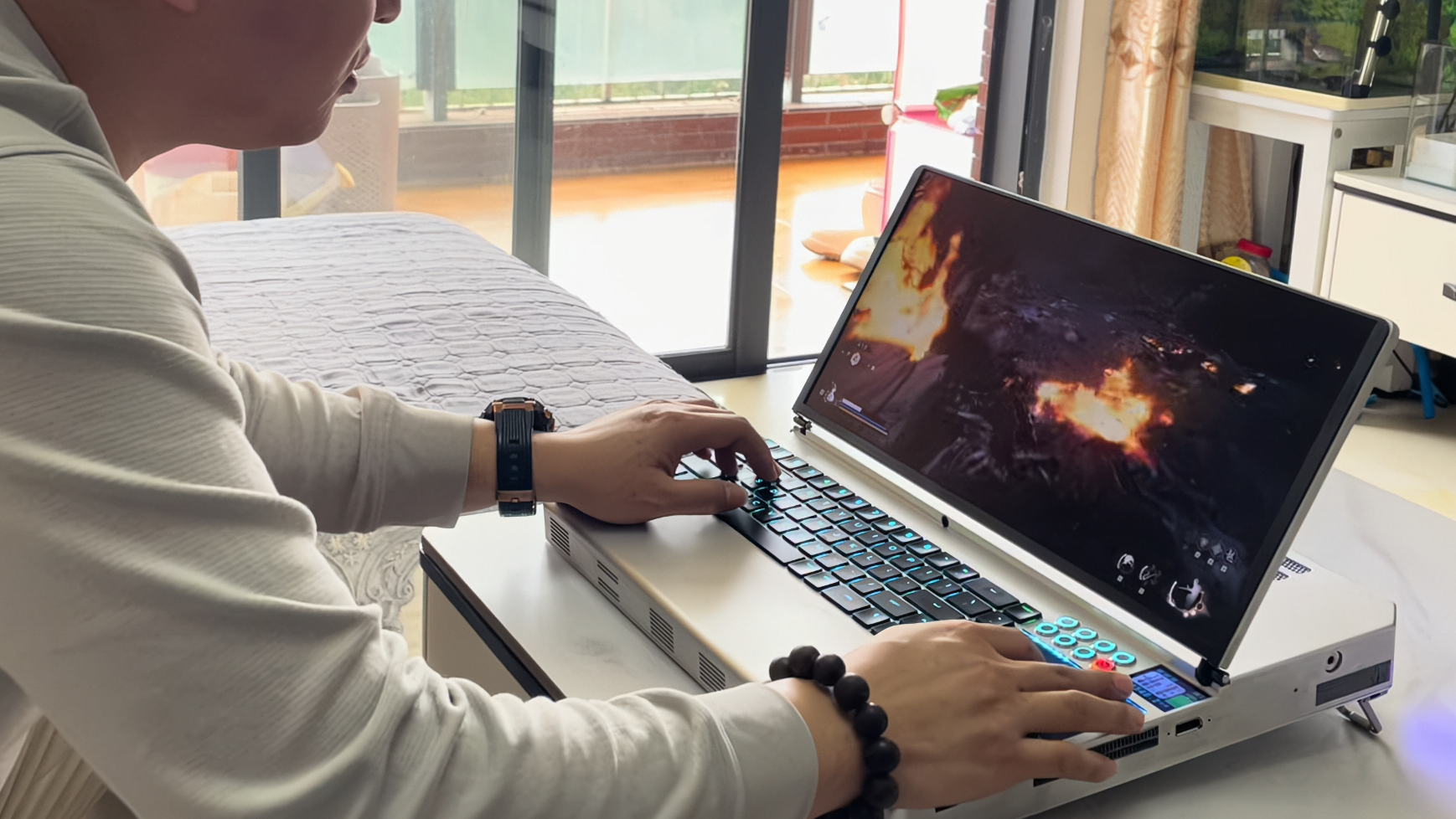Autonomous robots perform first of its kind surgery using AI to follow senior surgeons vocal instructions
The robots were trained on videos, and then let loose on pig's gallbladders with only voice to guide them.
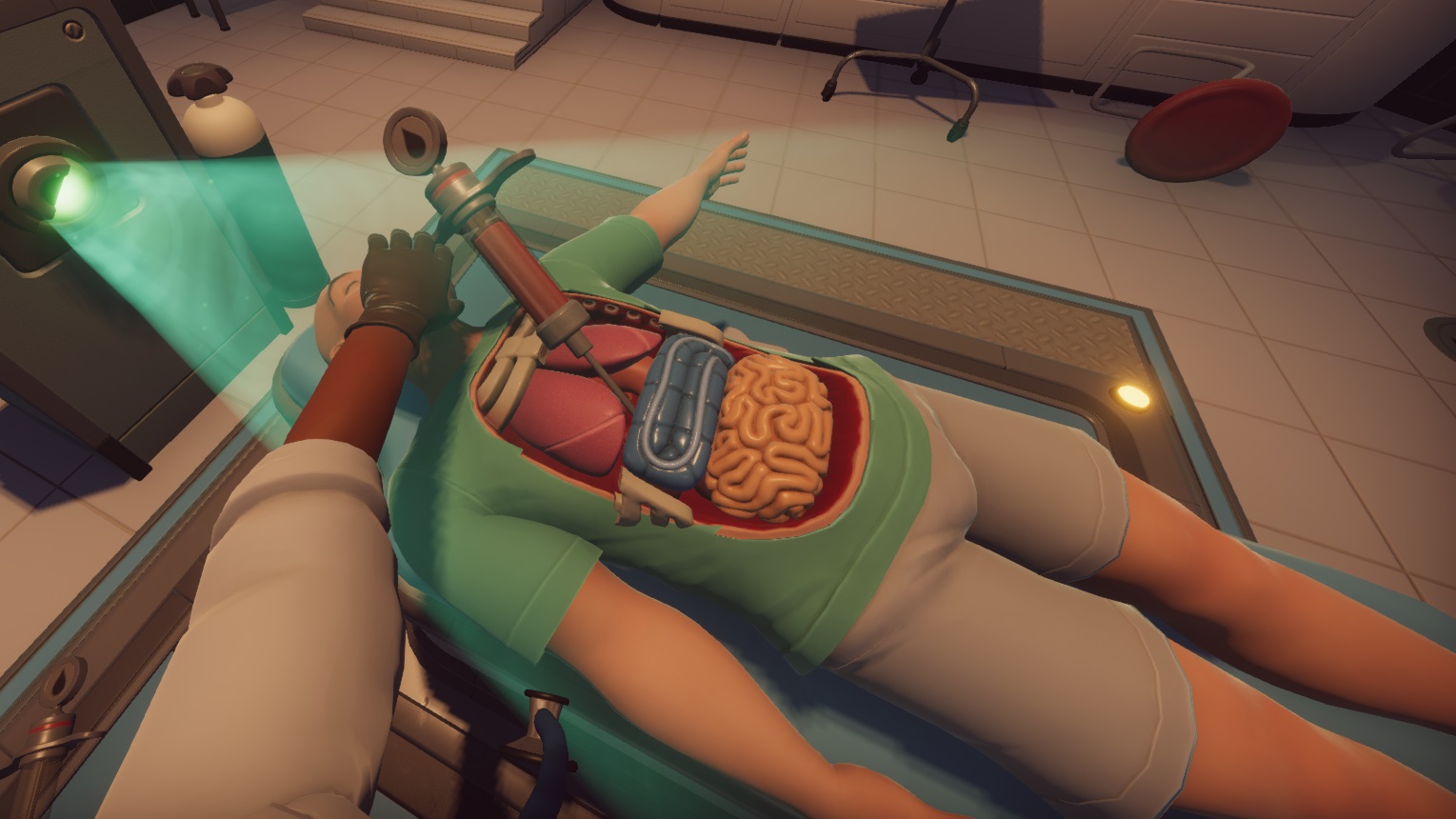
Technological advances in the health industry are some of my favourites for how far out into science fiction they often seem. It's where we see cool developments on incredulous things like BCIs with some now even able to translate thoughts almost directly to speech, shattering the locked-in language barrier. Robots are another part of the tech world that have been helping out with healthcare, and they've also just had a communication based upgrade.
A surgical robot recently completed a huge milestone for both its soft and hard skillsets. According to IFLScience, a robot was able to successfully operate on a pig's gallbladder by responding to vocal directions. Thankfuly robots seem far better at surgery than they are at soccer.
“This work represents a major leap from prior efforts because it tackles some of the fundamental barriers to deploying autonomous surgical robots in the real world,” said lead study author Ji Woong “Brian” Kim.
Before the surgery, the robot was trained on videos of the procedure. Then the actual gallbladder removal was completed by the robot following the verbal instructions of the senior surgeon. It even managed to react on the fly to emergency scenarios and changes.
Honestly the whole process sounds a lot like how human surgeons would learn the process, which means these robots could potentially be trained using existing methods and understanding used for students. This could make training robots far more feasible for hospitals that may not have the technical resources.
“That’s what makes this so so humongously difficult, because how do you write this down? How do you write that in code?” Dr Mathias Unberath, John C. Malone Associate Professor at Johns Hopkins University, recently told IFLScience.
“Can I watch a human learn what I’m supposed to be doing? If the answer is yes, things become, not trivial, but they’re considerably easier.”
This kind of learning is called imitation learning, and it's something people do all the time. When robots do this it's often a mix of machine learning and inputting data, but here it seems more restricted to video and voice training, which they seemed to nail. In this study the robots were able to complete the gallbladder removal with 100 percent accuracy after watching the tutorials. What a great use for AI.
As someone who has been under the knife of a robot, I find the whole idea fascinating. I've had multiple operations to remove cysts, endometriosis, and eventually my uterus. The last was robotically assisted, and my scars from it are tiny compared to the others. I can't speak for their bedside manner, but robot surgeons seem great.
Autonomous robot surgeons that can be easily trained using natural language while still responding to unexpected changes sound even better. This could see far more people have access to healthcare they desperately need, and far more robots helping them access it.





